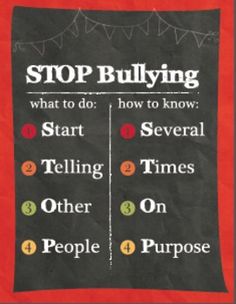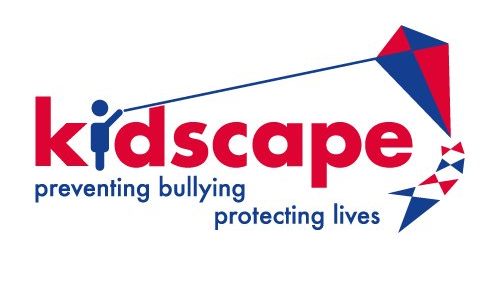
 {SECTION_MENU}
{SECTION_MENU}
Behaviour and Anti-Bullying
Behaviour
Good behaviour is an essential building block for successful learning.
At Lynsted and Norton Primary School, we strongly believe that high standards of behaviour lie at the heart of the school that enables:
- All our children to make the best possible progress in all aspects of their school life, and
- All staff to be able to teach and promote good learning without undue interruption or harrassment.
We expect the highest expectations of conduct, behaviour and manners throughout the school, whether in the classroom, playground or the local community; and do all we can to ensure that we promote and model excellent behaviour. Through the child, parents and carers, and school working together, we have a positive and calm learning environment in which we can all thrive.
Behaviour policy
To make sure that our pupil’s behaviour ensures good learning, we have a behaviour policy built on reinforcing ‘Good to be Green'. All children start the day on green and exemplary behaviour, good work and kindness the children can achieve a silver or gold award. Raffle tickets are also handed out for good behaviour, good work, kindness, respect and compassion. Poor behaviour will mean 'stop and think', yellow card or red card. Red card will result in a consequence.
Good to be Green
The school follows a ‘Good to be Green’ behaviour system. Each child has a set of cards displayed in class: Green, Amber, Red and Superstar.
Every child starts the day off on a green card. If they don’t keep to the school rules, a verbal reminder is given – a reminder of the effect on learning. If the child doesn’t change their behaviour, the following steps would be moved through:
Half turn of green card – reminder of effect on learning. Clear command of required change
Blue Stop and THINK card - If this behavior continues, the child is asked to ‘Stop and THINK’ and the matching blue Stop and THINK card is placed in the child’s holder on the class chart. A child might also ask to use the Stop and THINK card themselves. Using this card is showing that the children are using the strategies available to them, and shouldn’t be seen as negative
Anti-Bullying
We are firmly against any form of bullying. We have a simple definition of bullying and what to do if they are being affected by it:
It is incredibly important for your child or yourself to speak to a member of staff, either their class teacher, teaching assistant, trusted adult or one of the senior members of staff at the first instance that something troubles your child. This way, the school will be able to speak to the people involved and ensure that solutions are put into place to make your child happy at school.



